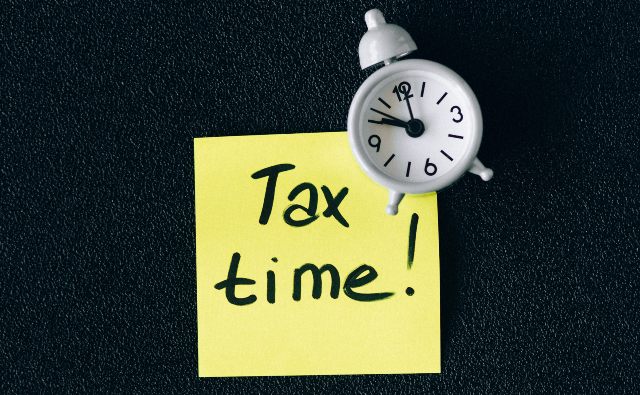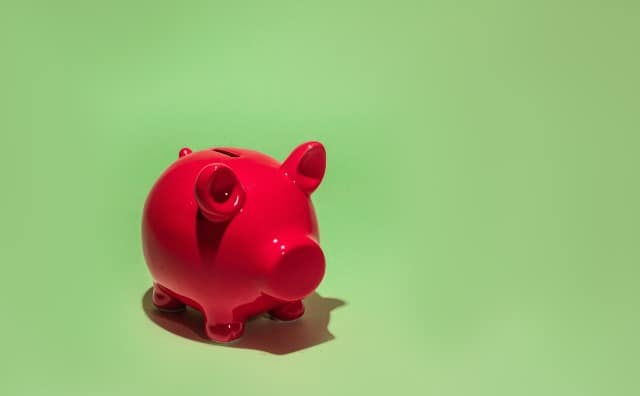Last Updated on July 24, 2022 by The MediFi Guy
So what exactly is investing? For our purposes, to invest refers to the act of buying one of the following things:
1) Stocks, also known as Shares or Equities (all synonymous)
2) Bonds
3) Cash
4) Property
The proper term for the aforementioned things is “asset classes“.
Investing differs from saving in that investing grows your money at a far higher inflation-beating rate than simply saving money in a bank account. When you save, you have to continuously keep working to replace the money you spend whereas when you invest you reach the point where you can live off your investment growth alone without having to keep working to replace the money you spend, since your money continuously grows exponentially due to the power of compound interest.
Stocks
Stocks (aka shares aka equities) are pieces of a business. John Doe wants to open a shop that will cost him R100 to set up. John is broke and only has R50 to his name so he doesn’t have enough money to start the business. He comes up with the clever idea of breaking up his shop into 100 pieces, or shares/stocks, and selling the shares to the public at R1 a share.
One share entitles the owner of the share to be paid 1% of the profit of the business, or to have a 1% dividend distributed to him, paid out once a year.
John registers his business as a publicly traded company, and as the founder of the shop takes ownership of 50 of the shares with his R50 investment. The remaining 50 shares are listed on the stock exchange and are to be sold to the public. This initial public offering is done at a price of R1 per share.
Peter buys 1 share for R1 and therefore owns 1% of the shop. Since the public (also known as the market) are only willing to buy a share for R1 at this stage, Peter’s investment is worth R1.
Initially, John makes R100 in profit in the first year, of which Peter receives R1. He has the choice of whether to take this money or reinvest it in the shop by buying even more shares. He is smart, so he chooses to reinvest the R1. His investment is now worth R2.
He finds that over the next year, by some miracle, John makes a massive success of the shop to the point where he is now making R1 million in profit per annum. Peter is now entitled to a R20 000 dividend (2%). This large profit margin is so attractive to other people in the public that everyone (the market) wants a piece of the company, so much so that they are now even willing to buy a single share for R100 000 – so much is the demand. If Peter were to sell his 2 shares now, he could receive R200 000.
His investment is now worth R200 000. Peter decides to sell his shares and receives R200 000.
He has made a return of R200 000 – R1 = R 199 999 on his initial investment. A return of 19999900%.
That’s a very simplified scenario to explain what equities are. When you buy a share, you buy a piece of a business.
When it comes to equities, it could have just as easily been the case that John’s business venture is unsuccessful and fails to make any profit at all. It could possibly even have made a loss, resulting in the market having little demand for the shares and only being willing to pay a price for a share that is even lower than the price it was at the initial public offering. For example, the market might only be willing to pay R0.01 per share in such an event.
In that case, whilst Peter had initially invested R1 in the business, due to the market price of the shares his investment would now only be worth 1 cent. He has lost 99% of the value of his investment because if he were to sell now he would only get 1 cent – a loss of 99 cents.
Seeing as close to 70% of all first-time businesses fail, it is a high risk to invest in equities as the risk of failure (i.e. losing the value of your investment) is high.
But this high risk also means that equities, when successful, give the highest returns as compared to other asset classes. Because whilst you run the high risk of losing your investment, if the business is successful there is the possibility of your investment growing exponentially, as can be seen in the example above where the business is a breakout success.
Legal Disclaimer: The information on this website including research, opinions or other content is not intended to and does not constitute financial, accounting, tax, legal, investment, consulting or other professional advice or services. The author of this blog does not act or purport to act in any way as a financial advisor or in a fiduciary capacity. Prior to making any decision or taking any action, which might affect your personal finances or business, you should take appropriate advice from a suitably qualified professional or financial adviser.



